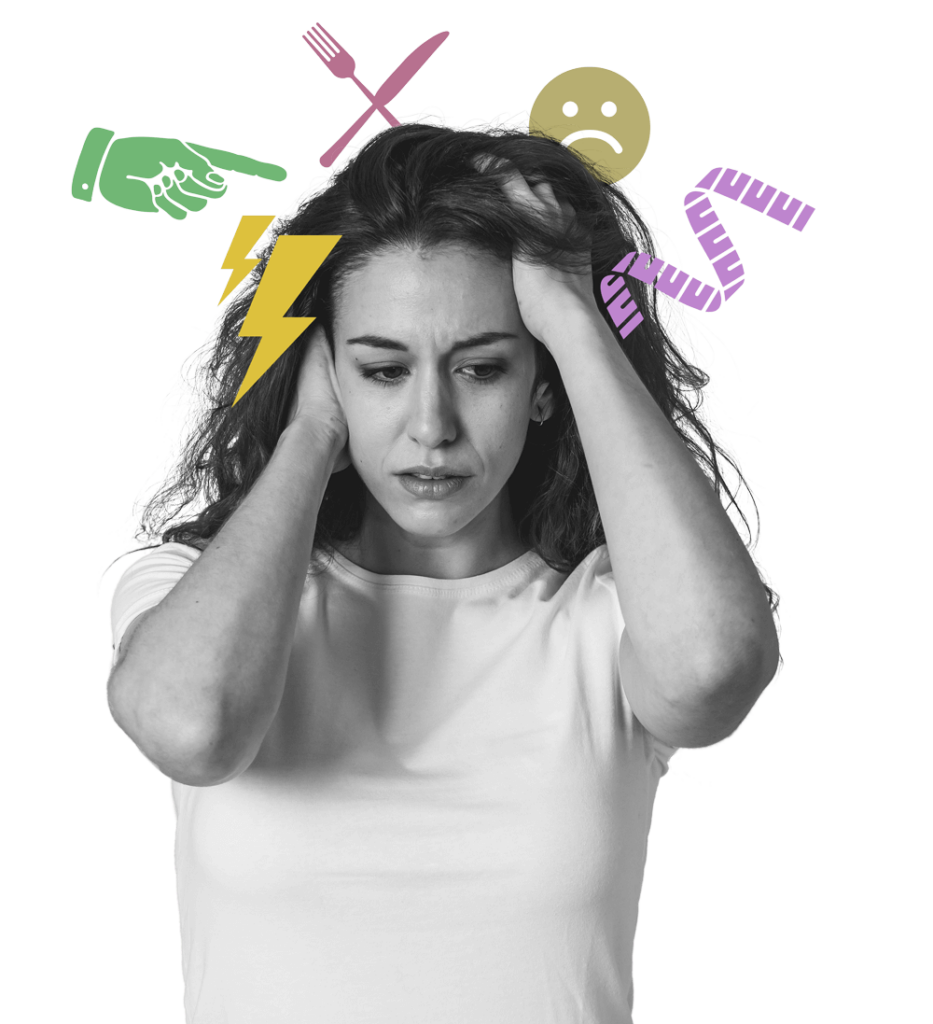Eating Disorders
Eating disorders are commonly misconstrued as a lifestyle choice. However, an eating disorder is a serious, potentially fatal condition that affects a patient’s health, emotions, and function.
Patients suffering from an eating disorder focus excessively on their weight, the shape of their body, and food consumption. The condition often leads to dangerous behaviors around eating and food.
If you or someone you love is suffering from an eating disorder, know that it can be a severe condition that may require support and professional care to overcome. The expert team at Cyti Psychological provides the care needed to recover from the debilitating pain of an eating disorder. So, schedule now to receive the critical help you need.









